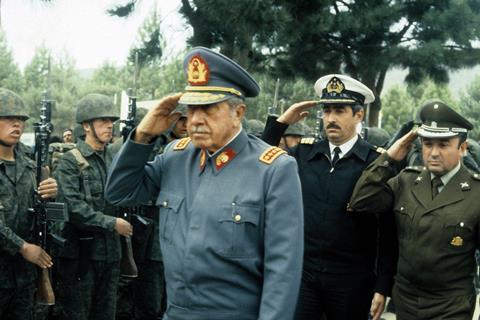One-stop guide to prosecuting international crimes
A Practical Guide to International Crimes in Proceedings before the Courts of England and Wales
Kathryn Howarth
£79.99, Law Brief Publishing
★★★★★
This book sets out for the first time in one place the relevant legislation, practice and procedure for the prosecution of international crimes in the courts of England and Wales. Kathryn Howarth opens with a forensic examination of the four principal pieces of legislation which criminalise international crimes and provide a legal basis for a prosecution in the UK:
- Geneva Convention Act 1957;
- Section 134 of the Criminal Justice Act 1988 (CJA);
- War Crimes Act 1991; and
- International Criminal Court Act 2001 (ICCA).
The ICCA gives the courts of England and Wales jurisdiction over genocide, crimes against humanity and war crimes committed both inside and outside the UK since 1 September 2001. For offences committed inside England and Wales, the court has jurisdiction over all persons. For offences committed outside the UK, jurisdiction is limited to crimes committed by a UK national, UK resident or person subject to UK service jurisdiction. Significantly, the author explains that the ICCA does not provide for jurisdiction over visitors to the UK so that a suspected genocidaire, or person suspected of crimes against humanity or war crimes, can travel to the UK without fear of being arrested under the ICCA.
By contrast, under section 134 of the CJA, any person who commits torture anywhere in the world since 29 September 1988 can be prosecuted for this offence in the Crown courts of England and Wales. There is no UK nationality or residency requirement and section 134 can apply to visitors to the UK. The author provides the example of Kumar Lama, a colonel in the Nepalese army who was arrested when visiting relatives in England and accused of torturing two Nepalese citizens in detention in 2005. The trial took place at the Central Criminal Court in London in 2016; the defendant was acquitted.

Immunity from prosecution is covered in a particularly interesting section of the book and the author uses the example of the trial of Augusto Pinochet (pictured) in 2000. Pinochet, a former head of the state of Chile, was on a visit to London in 1998 when he was arrested on foot of an international arrest warrant issued by a criminal court in Spain relating to alleged crimes, including torture, committed in Chile.
Eventually, the House of Lords had to consider whether Pinochet enjoyed immunity from the extradition proceedings. In a landmark judgment, the law lords ruled there should be universal jurisdiction to punish any public official, including a head of state, who committed crimes of torture. Pinochet could have no immunity in relation to such allegations.
The author provides an excellent explanation of the doctrine of ‘command and superior responsibility’ by which superiors can be held responsible for the crimes of their subordinates. Section 65 of the ICCA provides for the individual criminal responsibility of military commanders for war crimes, crimes against humanity and genocide.
In May 2021, the UK government dropped a provision from draft legislation that would have granted immunity from prosecution to UK forces who allegedly committed international crimes while serving overseas. One reason given for this change was the risk that UK forces would be more likely to face prosecution outside the UK. Although UK forces who commit war crimes and crimes against humanity overseas can still be prosecuted in UK courts, the Overseas Operations (Service Personnel and Veterans) Act 2021 still contains a ‘presumption against prosecution’ for certain crimes committed more than five years after the alleged conduct occurred.
In addition to legislation and case law, the author provides a most useful guide to the processes associated with investigation, referral, pre-trial, disclosure and a trial itself. An index would be a useful addition to any subsequent edition. This book will be of great assistance to legal advisers and judges alike.
Kevin McVeigh is a partner at Elliott Duffy Garrett Solicitors, Belfast































No comments yet